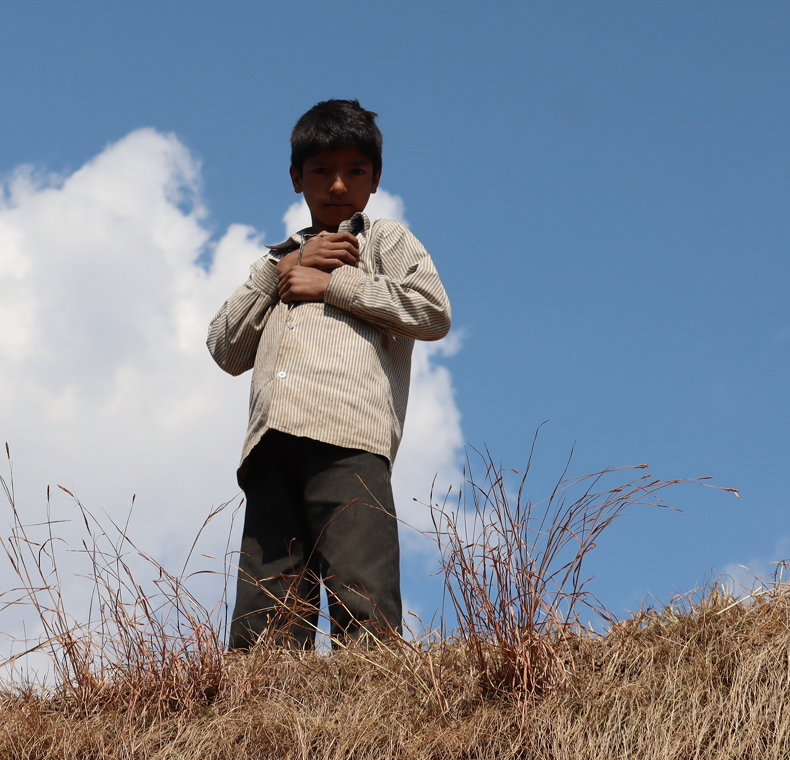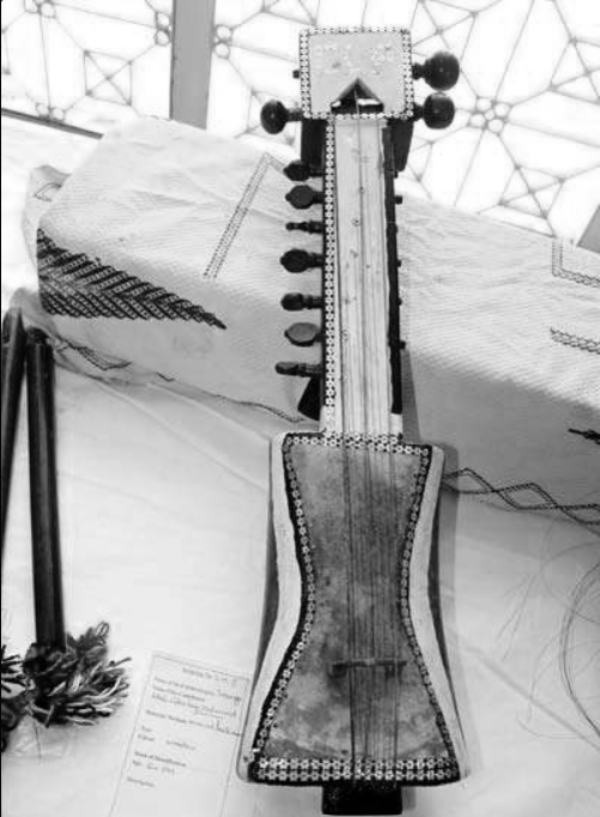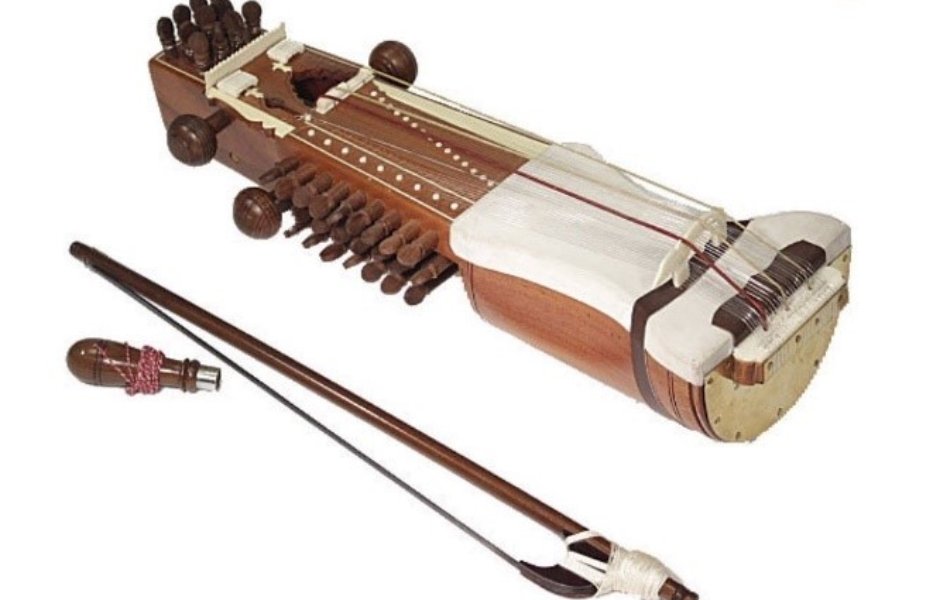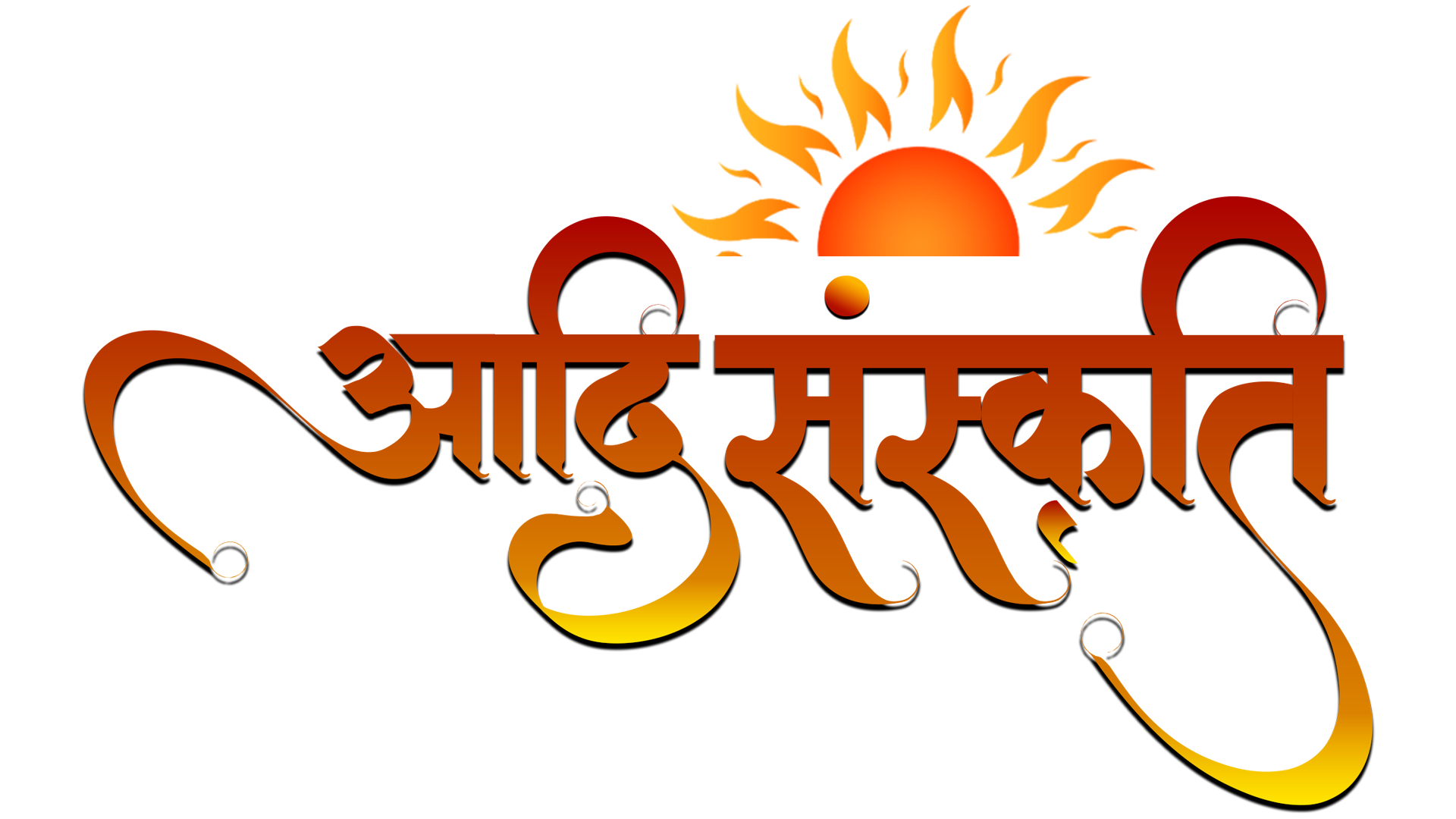
Themes
tribal music and musical instruments
SAARGI (TOTA), jammu & kashmir

The Saargi or "Tota" is said to be highly popular as a folk instrument in Gojri musical traditions, especially among the Mirasi group. Although it is joined to the classical Sarangi, its relevance as part of the Gojri music system is different from that of the cultural symbolism that it carries. Saargi is important in its ability to tell stories and enrich the narrative of traditional ballads and oral histories, not only acting as a musical instrument but also functioning as a medium for cultural preservation.

The Mirasis have also been considered a culturally rich tribe. Their folk musicians are mainly popular for the story-based performances concerning valor and love and folklore. These oral traditions and the music that accompany them are an important cultural storehouse whereby the Gojri language and its folk tales have been kept alive through generations.

The Saargi instrument is crafted from traditional materials such as wood and animal skin, with four primary and eleven supporting strings. Known for its intricate design, it includes a Gojri feature called “Gaj,” a bow-like component essential for playing. These materials and craftsmanship techniques give the Saargi its unique sound, essential to Gojri folk music and performances, distinguishing it from other string instruments used in classical and folk music.

The Saargi is commonly performed during cultural gatherings, festivals, and community events where Gojri folk songs are sung. It accompanies genres like "Bait" and "Barramah" and is a staple in both celebratory and solemn ceremonies within the Mirasi community. Skilled players use Saargi to evoke emotions and narrate stories, creating a communal experience deeply connected to the identity of the Gojri-speaking communities.

The Saargi holds profound cultural value, symbolizing the heritage of the Mirasi tribe and the Gojri musical tradition. Beyond entertainment, it preserves and passes on folklore, legends, and history through music. Popular Saargi players, such as Ustad Mohammad Hussain Mirasi and Bashir Mastana, have contributed to its enduring legacy, ensuring that the rich cultural narratives of the Mirasi community remain alive and relevant across generations.

